Africa's regulators and operators are increasingly focused on building a more sustainable industry as they develop their natural resources
As Africa claims its rights to develop its natural resources for the benefit of its people, the continent’s regulators and operators are also increasingly focused on building a more sustainable industry.
In its efforts to remain competitive and attract much-needed capital, the industry must find ways to reduce flaring, which amounted to over 29 Bcm last year according to World Bank data. This is equivalent to some $3.3bn of natural gas flared and wasted by African-producing countries last year, while generating significant amounts of greenhouse gas (GHG) emissions.
A Matter of Competitiveness
As the world embraces decarbonization, oil & gas importing countries are increasingly paying attention to the carbon intensity of the products they import and consume. Unfortunately, Africa remains a carbon-intensive continent whose oil production is heavily linked to GHG emissions. While the continent represents less than 10% of global oil production, it accounts for 20% of global flaring volumes.
Africa’s flaring intensity, which measures the amount of gas flared per barrel of oil produced is amongst the highest in the world. Cameroon and the Democratic Republic of Congo flare over 25 cubic metres of gas for every barrel they produce according to World Bank data, followed by Tunisia (23.2 m3/bbl), Gabon (19.6 m3/bbl), Algeria (19.5 m3/bbl), and the Republic of Congo (18.2 m3/bbl).
In comparison, other established and emerging frontiers perform a lot better and can offer investors and consumers products that are a lot less carbon intensive. Saudi Arabia, the UAE, and Brazil flare on average less than 1 cubic metre of gas per barrel they produce, for instance.
Thankfully, governments there have committed to eliminating routine flaring and are increasingly promoting the use of gas domestically to create a value chain that can absorb associated gas. Operators are also developing innovative business models and projects that can address the technological and economical challenges of tackling methane emissions from marginal and mature fields.
Independent operator Perenco, the largest oil and gas producer in Central Africa, is leading such efforts in cooperation with regulators and industry stakeholders. Perenco’s approach has been to first anchor the development of its small gas reserves with the domestic power sector, and then diversify the products made from gas (LPG, CNG, LNG) in a second phase to ensure additional revenue streams and make its projects economically feasible.
The company’s latest such initiative is focused on Gabon, where it is currently building a 15,000 tons LPG plant at Batanga, progressing a 0.7 mtpa LNG export terminal at Cap Lopez, and planning a 21 MW gas-to-power project at Mayumba in the country’s southern province.
Noticeable Progress
The continent’s biggest oil & gas producers like Algeria, Nigeria, Libya, Egypt, and Angola, who represent most flaring volumes, are also stepping up efforts to capture associated gas and cut flaring.
Angola provides one of the best success stories, as its LNG export terminal at Soyo processes associated gas that would otherwise be flared. Since the facility restarted in 2016, it has resulted in very concrete reductions of the country’s flare volumes and flaring intensity.
Other large producers like Egypt and Algeria are currently investing in additional infrastructure and technologies to recover, capture and utilize their associated gas. Egypt’s flaring intensity currently stands at a 10-year low after investments in pipeline infrastructure and compression units by several operators that are now monetizing their flared gas. The country is also a pioneer in the deployment of carbon capture initiatives on the continent, with pilot projects led by majors such as Eni and Shell.
North African producers currently have several opportunities to successfully monetise their associated gas given the extent of their existing infrastructure and the ability to inject gas into large export infrastructure to Europe.
A Way Forward
By and large, African oil and gas producing markets have recognised the need to reduce flaring and are taking actions towards decarbonizing their value chain.
In fact, most producing countries on the continent have endorsed the World Bank’s Zero Routine Flaring by 2030 Initiative (ZRF), which commits governments and companies to stop routine flaring on greenfield oil projects and end routine flaring on existing oilfields by no later than 2030.
In Nigeria, where heavy flaring penalties have been imposed since 2018, the regulator is currently running a competitive bidding process known as the Nigerian Gas Flare Commercialisation Programme (NGFCP), under which flare sites are auctioned to investors seeking gas. In doing so, Africa’s biggest oil producer wants to address flaring across hundreds of small and disparate fields by offering flare sites to technically and commercially competent third-party investors. The process is ongoing and expected to complete later this year.
Elsewhere, international operators are also taking the lead on decarbonization. In Côte d'Ivoire, Eni intends to leverage the best available technologies to minimize GHG emissions and make the development of the Baleine field the first net-zero development in Africa for scope 1 and scope 2 emissions. In Ghana, Tullow Oil has stated a clear intent to monetise its associated gas and avoid flaring, with the monetization of some 2 Tcf of gas expected to be sanctioned this year.
For countries like Nigeria, Ghana, and Côte d'Ivoire, ending flaring is not only an environmental matter but also gives a unique opportunity to address energy security and meet rising domestic and international demand for gas. According to the latest IEA estimates, reducing flaring and venting in Africa could make some 10 bcm of gas available in the short term for export, without the development of any new supply and transport infrastructure.
Africa Oil Week 2023
In its efforts to remain competitive and attract much-needed capital, the industry must find ways to reduce flaring, which amounted to over 29 Bcm last year according to World Bank data. This is equivalent to some $3.3bn of natural gas flared and wasted by African-producing countries last year, while generating significant amounts of greenhouse gas (GHG) emissions.
A Matter of Competitiveness
As the world embraces decarbonization, oil & gas importing countries are increasingly paying attention to the carbon intensity of the products they import and consume. Unfortunately, Africa remains a carbon-intensive continent whose oil production is heavily linked to GHG emissions. While the continent represents less than 10% of global oil production, it accounts for 20% of global flaring volumes.
Africa’s flaring intensity, which measures the amount of gas flared per barrel of oil produced is amongst the highest in the world. Cameroon and the Democratic Republic of Congo flare over 25 cubic metres of gas for every barrel they produce according to World Bank data, followed by Tunisia (23.2 m3/bbl), Gabon (19.6 m3/bbl), Algeria (19.5 m3/bbl), and the Republic of Congo (18.2 m3/bbl).
In comparison, other established and emerging frontiers perform a lot better and can offer investors and consumers products that are a lot less carbon intensive. Saudi Arabia, the UAE, and Brazil flare on average less than 1 cubic metre of gas per barrel they produce, for instance.
Thankfully, governments there have committed to eliminating routine flaring and are increasingly promoting the use of gas domestically to create a value chain that can absorb associated gas. Operators are also developing innovative business models and projects that can address the technological and economical challenges of tackling methane emissions from marginal and mature fields.
Independent operator Perenco, the largest oil and gas producer in Central Africa, is leading such efforts in cooperation with regulators and industry stakeholders. Perenco’s approach has been to first anchor the development of its small gas reserves with the domestic power sector, and then diversify the products made from gas (LPG, CNG, LNG) in a second phase to ensure additional revenue streams and make its projects economically feasible.
The company’s latest such initiative is focused on Gabon, where it is currently building a 15,000 tons LPG plant at Batanga, progressing a 0.7 mtpa LNG export terminal at Cap Lopez, and planning a 21 MW gas-to-power project at Mayumba in the country’s southern province.
Noticeable Progress
The continent’s biggest oil & gas producers like Algeria, Nigeria, Libya, Egypt, and Angola, who represent most flaring volumes, are also stepping up efforts to capture associated gas and cut flaring.
Angola provides one of the best success stories, as its LNG export terminal at Soyo processes associated gas that would otherwise be flared. Since the facility restarted in 2016, it has resulted in very concrete reductions of the country’s flare volumes and flaring intensity.
Other large producers like Egypt and Algeria are currently investing in additional infrastructure and technologies to recover, capture and utilize their associated gas. Egypt’s flaring intensity currently stands at a 10-year low after investments in pipeline infrastructure and compression units by several operators that are now monetizing their flared gas. The country is also a pioneer in the deployment of carbon capture initiatives on the continent, with pilot projects led by majors such as Eni and Shell.
North African producers currently have several opportunities to successfully monetise their associated gas given the extent of their existing infrastructure and the ability to inject gas into large export infrastructure to Europe.
A Way Forward
By and large, African oil and gas producing markets have recognised the need to reduce flaring and are taking actions towards decarbonizing their value chain.
In fact, most producing countries on the continent have endorsed the World Bank’s Zero Routine Flaring by 2030 Initiative (ZRF), which commits governments and companies to stop routine flaring on greenfield oil projects and end routine flaring on existing oilfields by no later than 2030.
In Nigeria, where heavy flaring penalties have been imposed since 2018, the regulator is currently running a competitive bidding process known as the Nigerian Gas Flare Commercialisation Programme (NGFCP), under which flare sites are auctioned to investors seeking gas. In doing so, Africa’s biggest oil producer wants to address flaring across hundreds of small and disparate fields by offering flare sites to technically and commercially competent third-party investors. The process is ongoing and expected to complete later this year.
Elsewhere, international operators are also taking the lead on decarbonization. In Côte d'Ivoire, Eni intends to leverage the best available technologies to minimize GHG emissions and make the development of the Baleine field the first net-zero development in Africa for scope 1 and scope 2 emissions. In Ghana, Tullow Oil has stated a clear intent to monetise its associated gas and avoid flaring, with the monetization of some 2 Tcf of gas expected to be sanctioned this year.
For countries like Nigeria, Ghana, and Côte d'Ivoire, ending flaring is not only an environmental matter but also gives a unique opportunity to address energy security and meet rising domestic and international demand for gas. According to the latest IEA estimates, reducing flaring and venting in Africa could make some 10 bcm of gas available in the short term for export, without the development of any new supply and transport infrastructure.
Africa Oil Week 2023
Under the theme "Maximising Africa's Natural Resources in the Global Energy Transition" Africa Oil Week 2023 will welcome over 50 ministers and government officials alongside the industry's global leaders and be the hub for building a sustainable African upstream this October.
Don't miss out on joining 1800+ senior industry decision makers as they come together at Africa's most established and prestigious upstream event.

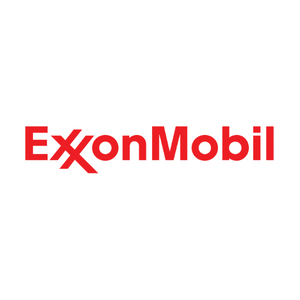

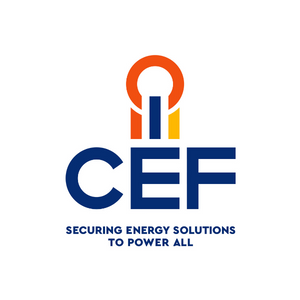
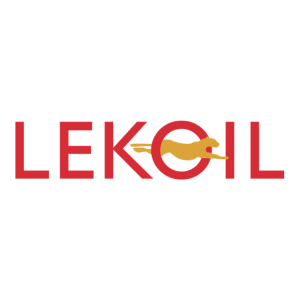
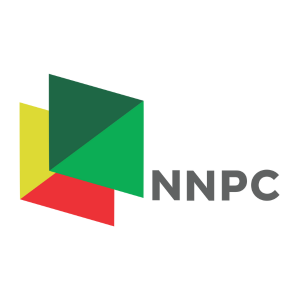
_weblogo_2.png?ext=.png)
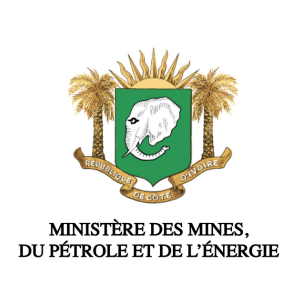

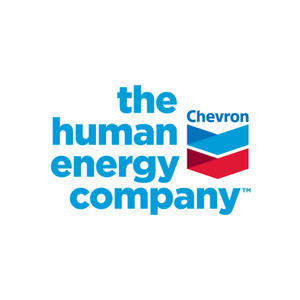

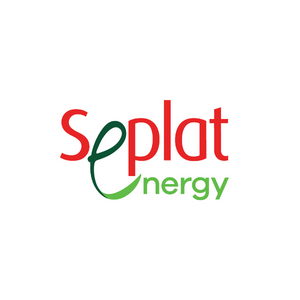

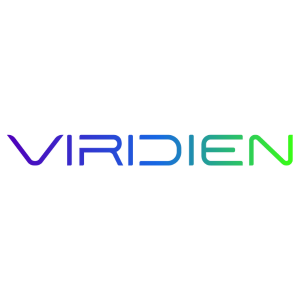

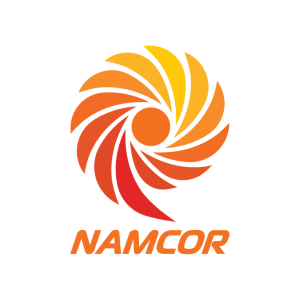
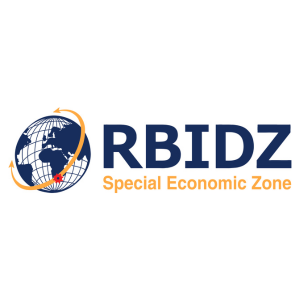

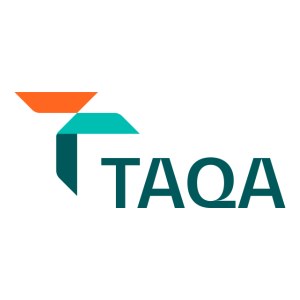
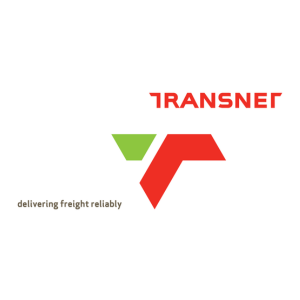

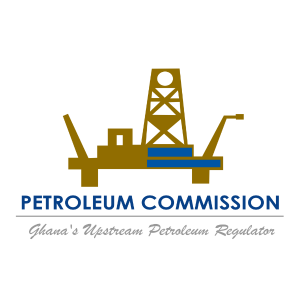
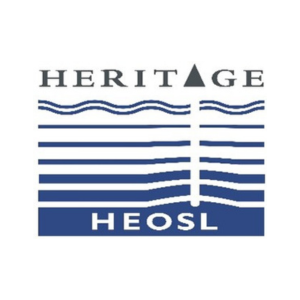
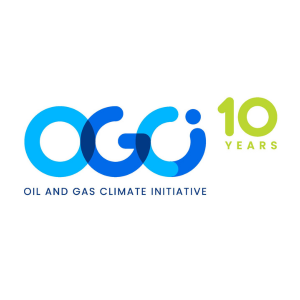
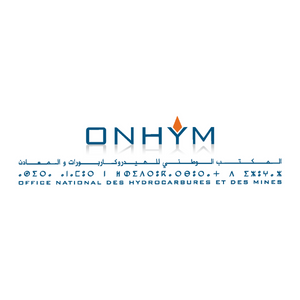
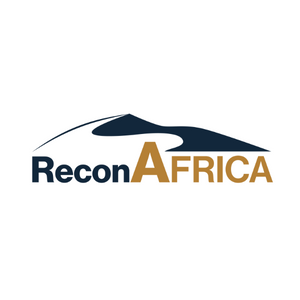
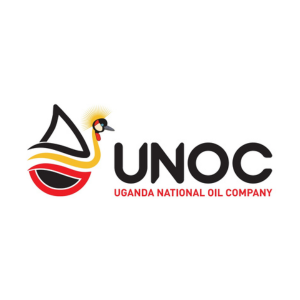
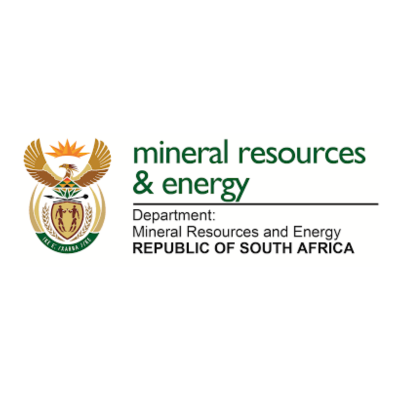
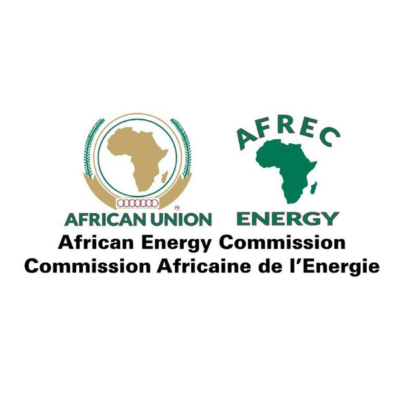
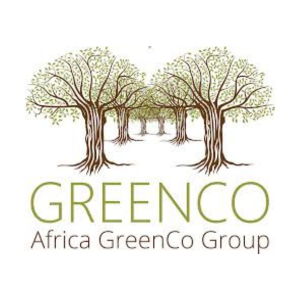
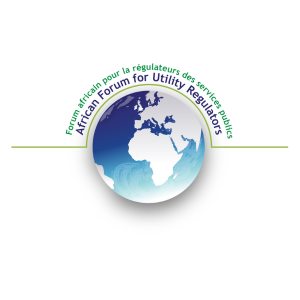
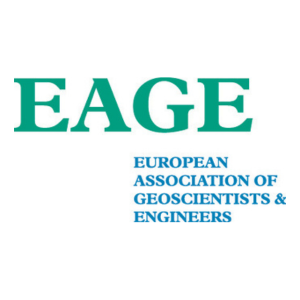
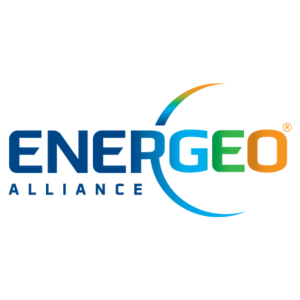
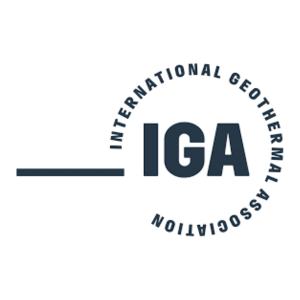
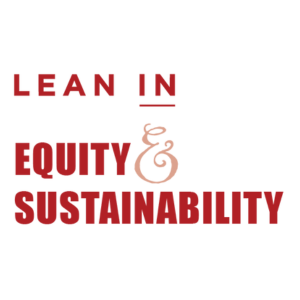

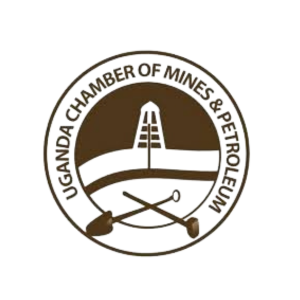

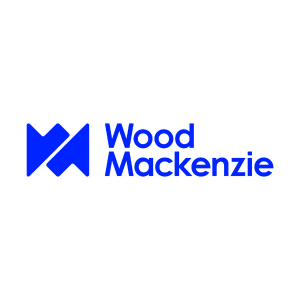

.jpg?ext=.jpg)
